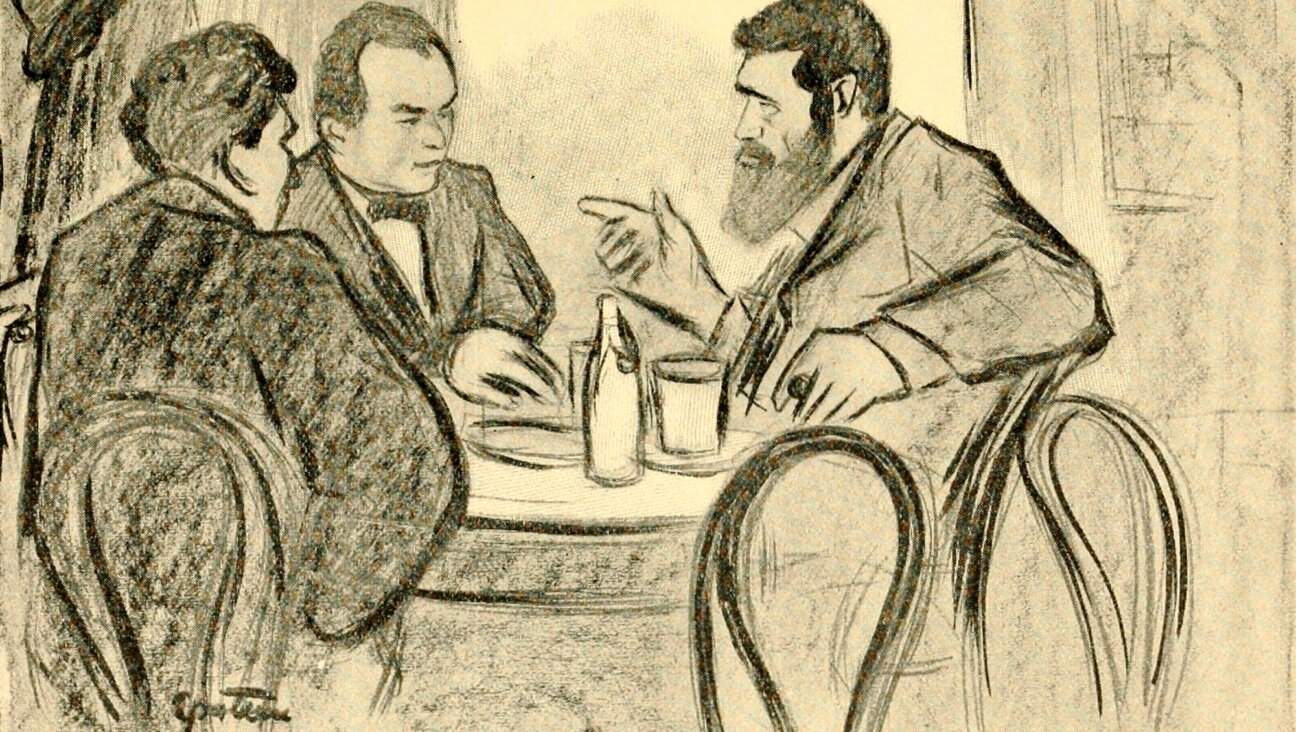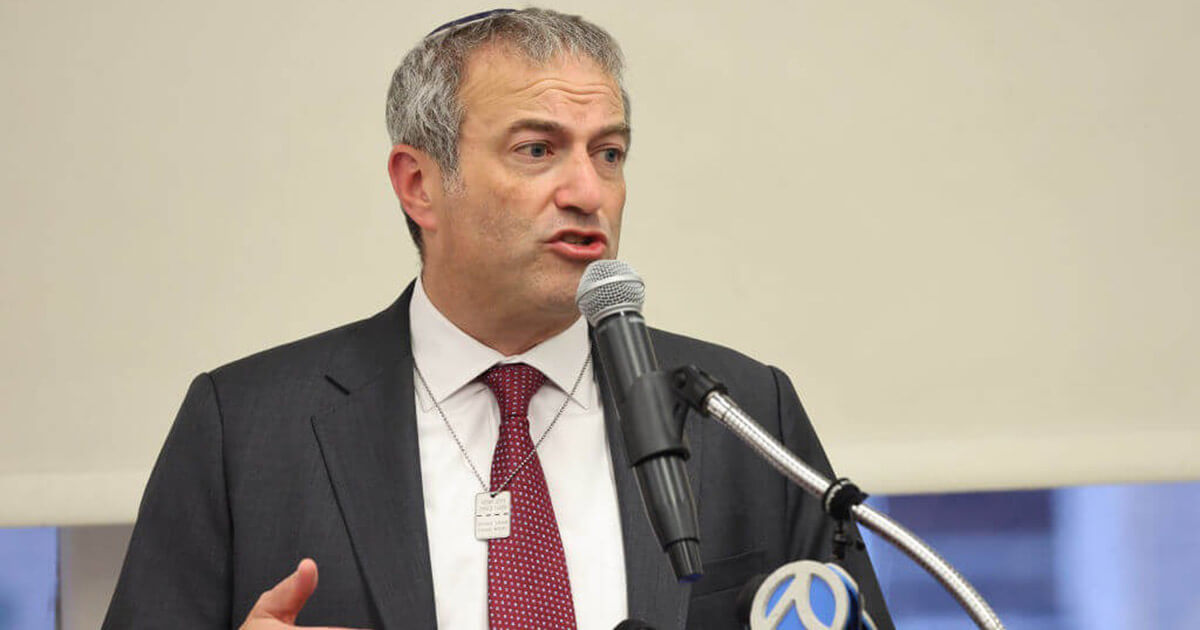I’m a secularist. But my brother’s illness saw me lighting Shabbat candles.

Image by iStock
In the first few days of my brother’s illness from COVID, I tell work friends on Zoom that he is sick. I am in lockdown on a different continent, and unsure what I can do. My colleague messages me that he will say a mass for my brother down in El Paso with his fellow Jesuits.
As cultural Jew, I am far away from both Jesuits and El Paso, but I think, why not? I have no real idea then of the severity of his illness, nor the length of time he will be sedated in ICU fighting for his life. It will turn out to be 55 long days, 72 in intensive care.
Like many other questioning youth, I had become disillusioned in traditional Judaism’s patriarchal stance and its rationale of suffering and reward. I did soon realise, though, that I would have to find my own way of connecting to my brother and not just leave it up to the Jesuits.
With my brother’s sedation, the world bifurcated, into the conscious world and the one in which brother resides. No one can sit with him or hold his hand due to Covid restrictions, so I start putting great energy into getting a voice message to him from across the continents. Perhaps he will know he is not alone and that he is loved. But I start to feel more desperate as his isolation from us continues.
Friday night arrives and I haven’t lit Shabbat candles for 20 years. They have become a symbol for me of the restricted roles women play in religion.restriction. Yet Covid lockdown brought a Friday night of even greater restriction. So I steer my child away from the kitchen table to the formal dining room, where we light the candles. The feminine becomes a way back into what had become for me a tainted chauvinist spiritual tradition.
As I stand in the light of the candles, I focus on my female ancestors’ strength and kindness, and visualise each of my grandmothers on either side of my brother’s bed, holding his hand while I could not, while he lies there fighting the battle of his life. Their earthly resilience becomes my inspiration.
Days before Pesach, my family is trying not to lose heart. Here we are, each in our separate homes strewn across the globe, and my brother, who usually leads our family seder and hides the afikomen, is unconscious. My sister leads the charge, doggedly cleaning her house and sending encouraging pictures of her kitchen becoming pesadik. Like many other families, we Zoom in to seder, and we gamely sing off key. I see my mother on the screen alone in another town with her Haggadah. It was a miserable night, but we did it.
The days of sedation become weeks. I cannot listen to radio or watch Netflix as I do not want to escape; I want to focus on my brother, to be sending love and healing. But my child needs attention, so I get on with daily duties, while singing all the time, my spirit engaging where my hands are not.
I look for songs that speak to me, I start with Shir Lamaalot, associated with good times and hopes for peace. My approach is neither unscientific nor irreligious. If there is compassion in the world (there is) if there is beauty in the world (there is) then I shall ask for it to be directed at my brother, to relieve him to heal him.
After Pesach, I absently login to a Zoom Rosh Chodesh group meeting. This group has never minded my scepticism. They ask to do a prayer group for my brother.
Taking private pain and Zooming it is all new territory. It becomes a great supportive space of specially curated prayers. For the weeks to come, these meetings open with a prayer for sheltering peace.From there I could open my heart and send not worry but love and strength to my family. Then the classic Refa na La, “Please Heal Her” sung by Moses for the healing of a sibling.
A daily mincha service is started by my brother’s shul. It continues through the Omer, every night at 6 p.m. Sometimes I listen while giving my child supper; on bad days I leave him in front of the screen and just have those minutes of focused time. I can see my sister-in-law in their home, and the kids. My friends, many of whom are secular, pray with their committed attendance. The rabbi and her partner lead gently and steadily, and repeat, “We will be here every day with the family, until he is better.”
The illness dictates my day. In the morning, I am up early to watch the sun rise, connecting with this life force, sending some of it to my brother, singing my songs. My bedtime reading is the Omer calendar on biblical women encouraging my resilience. I text a friend in the dark of the nights, and her response: “Right, we pray more, we draw, keep the faith.” And the muted sitting together on Zoom, day after day.
Time drags on, more than a month and he is not getting better. It is Shabbat again, and there is a bad report from the doctors. My neighbour comes over and sits at a distance while I cry and plead, we need him in our lives, in our family. For the first time in ages I am held within the world of Shabbat prayer. I dropped exhausted into bed that night. My brother was still alive in the morning, responding to treatment.
Two weeks later he is out of ICU, remembering nothing of the sedated eight weeks. I am left with a commitment to lighting the Shabbat candles. I bless my son as my brother blesses his, and feel relief that I am not doing it in his stead anymore. I now have daily gratitude prayers that include a prayer for healing, and I give tsedaka before Shabbat as if it will ensure our ongoing wellbeing. For a secularist, I think that’s a good bargain.
Romi Kaplan lives in South Africa.
A message from our Publisher & CEO Rachel Fishman Feddersen

I hope you appreciated this article. Before you go, I’d like to ask you to please support the Forward’s award-winning, nonprofit journalism so that we can be prepared for whatever news 2025 brings.
At a time when other newsrooms are closing or cutting back, the Forward has removed its paywall and invested additional resources to report on the ground from Israel and around the U.S. on the impact of the war, rising antisemitism and polarized discourse.
Readers like you make it all possible. Support our work by becoming a Forward Member and connect with our journalism and your community.
— Rachel Fishman Feddersen, Publisher and CEO























